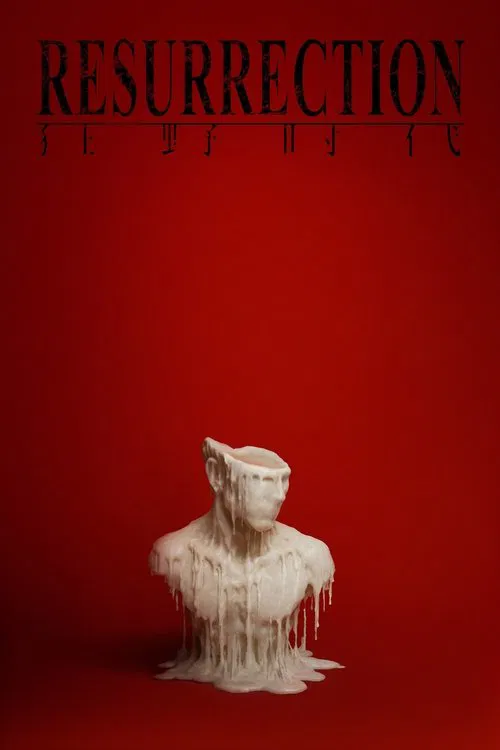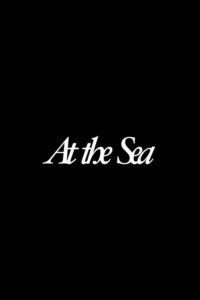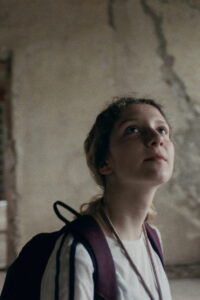Last updated on June 10, 2025
A film by Bi Gan
With: Jackson Yee, Shu Qi, Mark Chao, Li Gengxi, Huang Jue, Chen Yongzhong, Zhang Zhijian, Chloe Maayan, Guo Mucheng, Nan Yan
In a world where humanity has lost the ability to dream, one creature remains entranced by the fading illusions of the dreamworld. This monster, adrift in reverie, clings to visions no one else can see — until a woman appears. Gifted with the rare power to perceive these illusions for what they truly are, she chooses to enter the monster’s dreams, determined to uncover the truth that lies hidden within.
Our rate: **
As expected, Bi-gan plunges us into a cinematic odyssey. It’s a fine exercise in style, and a very good forger’s work, but, like his previous opuses, it’s in vain. It’s hard to see him as an accomplished artist, as his voice doesn’t carry, doesn’t assert itself beyond the simple bricolage, the mashup. Picasso was not yet Picasso when he copied paintings from the greatest museums. He was trying to learn from others, a laudable intention. His first Cubist experiments, breaking with his masters, emancipated him and made him a universally recognized master. Resurrection doesn’t allow Bi-Gan to be reborn, or even to be born, his hero, or rather his protagonists who serve as our guide in this journey through the cinema that cradled Bi-Gan, a little more. In any case, it enables him to continue to show, if proof were needed, that technique holds few secrets for him, but also to detach himself from the image that stuck to him after his first, highly acclaimed works, that of a Lynch disciple. But let’s not fall into the cinephile’s trap of recognizing every reference from Mélies to Lang, Murnau (Nosferatu) from the very first images, and Welles’ Shanghai Ladies, to name just four of the hundred or so. A very fine exercise, we’d say, but for it to be a success, in addition to stage consistency (less vapors, shall we say), perhaps it would have been better to stick to a few references rather than aiming for a form of exhaustiveness, which is absolutely impossible, a far too pretentious gesture on Bi-Gan’s part. The list of references, so long, lacks many universes to perfectly seduce us and produce a whaouh effect (where are the Eustache, Rozier, Seria, Godard, Verneuil and Tarkovski in all this? where is the author?).










Be First to Comment